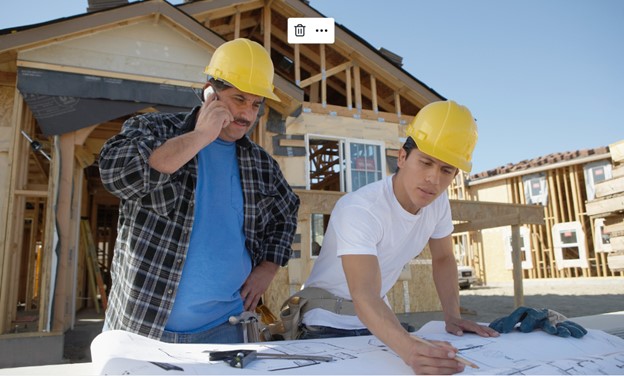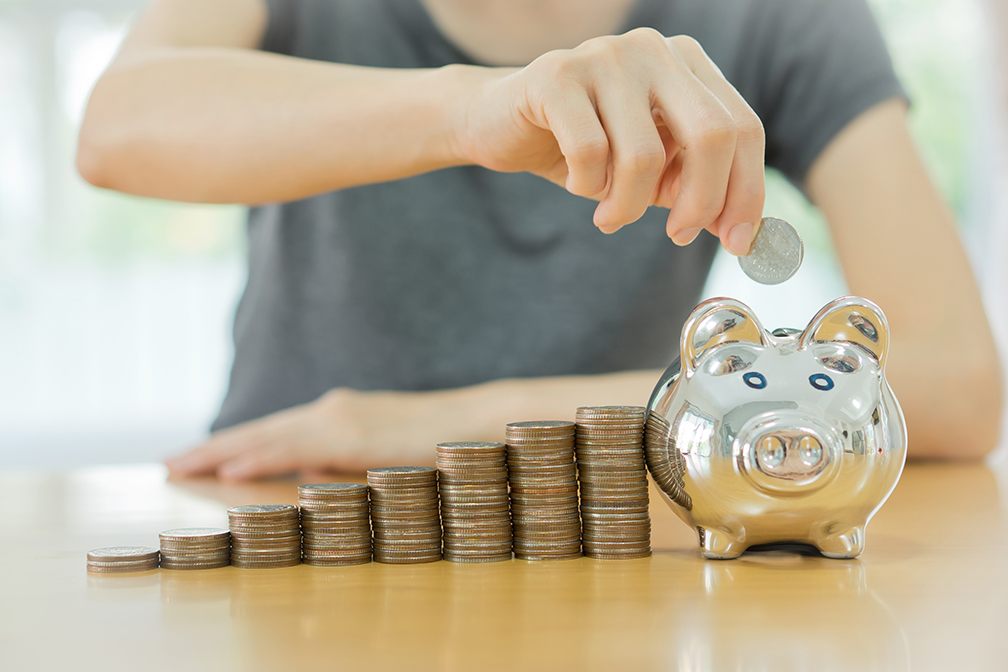The Role of A Down Payment: How Much Should I Save?
 Buying a home, a car, or any significant investment often involves making a down payment. The down payment is a crucial part of the purchasing process, as it can impact your loan terms, interest rates, and monthly payments. But how much should you save for a down payment, and why is it so important?
Buying a home, a car, or any significant investment often involves making a down payment. The down payment is a crucial part of the purchasing process, as it can impact your loan terms, interest rates, and monthly payments. But how much should you save for a down payment, and why is it so important?
Understanding Down Payments
A down payment is a portion of the purchase price that you pay upfront when buying a house, a car, or making a large investment. It’s a way to demonstrate your commitment to the purchase and reduce the risk for the lender or seller. Down payments are commonly associated with:
Homebuying: When purchasing a home, a down payment is typically required by mortgage lenders. The amount can vary but is often around 20% of the home’s purchase price.
Car purchases: Down payments for cars can also range, but they often hover around 10-20% of the vehicle’s price.
Large investments: In other scenarios, such as starting a business or investing in a big-ticket item, a down payment may be necessary to secure financing.
Importance of Down Payments
Lowering Monthly Payments: A larger down payment reduces the amount you need to finance, resulting in lower monthly payments. This can make your financial burden more manageable in the long run.
Qualifying for Loans: A substantial down payment can help you qualify for loans with more favorable terms and lower interest rates. Lenders often see a larger down payment as a sign of financial stability.
Building Equity: With a significant down payment, you’ll start building equity in your asset from day one. Equity is the portion of the property or asset you own, and it can grow over time, giving you more financial security.
How Much Should You Save for a Down Payment?
The ideal down payment amount can vary based on what you’re buying and your financial situation. Here are some general guidelines:
Homes: As mentioned earlier, a down payment of 20% is often recommended for purchasing a home. However, there are mortgage options that allow for lower down payments, such as FHA loans, which require as little as 3.5% down. The key is to balance a lower down payment with the added cost of private mortgage insurance (PMI) and potentially higher interest rates.
Cars: For buying a car, a down payment of 10-20% is a good range to aim for. This will help reduce the overall cost of the car loan and lower your monthly payments.
Large Investments: The down payment for investments can vary widely, so it’s essential to assess your specific financial goals and risks. In this case, consult with a financial advisor to determine the right amount.
How to Save for a Down Payment
Saving for a down payment may seem daunting, but with a clear plan, it’s achievable. Here are some steps to help you get started:
Create a Budget: Review your finances, set a budget, and identify areas where you can cut back on spending to save more.
Open a Dedicated Savings Account: Consider opening a separate savings account exclusively for your down payment fund. This will help you track your progress and keep the money out of sight and out of mind.
Automate Savings: Set up automatic transfers from your checking account to your down payment savings account. This ensures that you save consistently.
Increase Income: Explore opportunities to increase your income, such as taking on a part-time job or freelancing, to boost your savings rate.
Reduce Debt: Pay down high-interest debts like credit cards to free up more money for saving.
The role of down payments in major purchases cannot be overstated. They play a vital role in reducing the financial burden of loans, helping you secure better loan terms, and building equity in your assets. While the ideal down payment amount can vary, it’s essential to set a clear savings goal and follow a strategic plan to achieve it. With discipline and patience, you can save for a down payment and take a significant step toward achieving your financial goals.
 Deciding whether to buy or build a house can be a complex decision that depends on several factors. Here are some pros and cons to consider:
Deciding whether to buy or build a house can be a complex decision that depends on several factors. Here are some pros and cons to consider: Buying a house is one of the most significant financial decisions in one’s life, and it’s essential to make smart choices to save money during the process. While purchasing a home can be expensive, there are several strategies you can implement to maximize your savings and make the most of your investment.
Buying a house is one of the most significant financial decisions in one’s life, and it’s essential to make smart choices to save money during the process. While purchasing a home can be expensive, there are several strategies you can implement to maximize your savings and make the most of your investment.